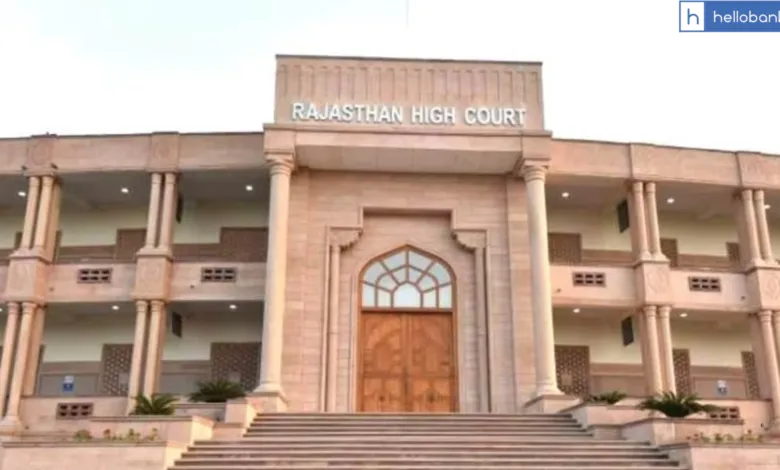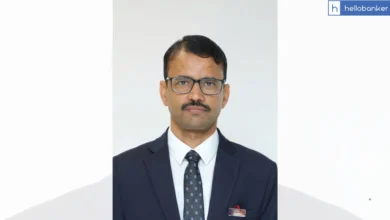Rajasthan High Court Orders Regularization of Long Serving Government Employees

| ➡️ Get instant news updates on Whatsapp. Click here to join our Whatsapp Group. |
In a major judgment addressing decades-long employment uncertainty, the Rajasthan High Court has directed the state government to regularize the services of employees who were appointed in an irregular or illegal manner but have served continuously for many years. Some of these employees have been working in government positions since as early as 1979, but have never been formally regularized.
Justice Arun Monga, who delivered the judgment, strongly criticized the prolonged denial of regular jobs to such workers. He observed that in a welfare state, keeping employees in a temporary or irregular status for decades, despite their consistent service, amounts to institutional exploitation. The court emphasized that appointments that may have been irregular in terms of procedure, but were supported by sanctioned posts and long years of honest work, should not be dismissed merely due to technicalities.
The case involved a group of Class III and Class IV employees who had filed petitions seeking regularization. Despite working for several years—some for over four decades—their services were never confirmed as permanent.
The court referred to the landmark Uma Devi case decided by the Supreme Court in 2006, where the apex court had ordered that employees appointed irregularly but who had served continuously for at least ten years should be regularized within six months as a one-time measure. However, the Rajasthan government delayed taking action until 2009 and unfairly set the cut-off date for the 10-year service condition as April 10, 2006, instead of when the rules were actually notified in 2009. This meant many employees who completed ten years of service between 2006 and 2009 were wrongly left out of regularization.
The High Court held the state government responsible for this delay and said that eligible employees should not be punished due to the state’s inaction. Justice Monga stressed that the delay in notifying the rules was entirely the state’s fault, and the arbitrary retroactive cut-off date caused deserving workers to suffer.
After reviewing the history of such cases and the need to protect long-serving workers from unfair treatment, the court issued detailed instructions to be implemented in rem (applicable to all similar cases, not just the petitioners).
Key Directions Issued by the Court:
- Regularization of Eligible Petitioners:
All employees whose initial appointments were irregular but not illegal, and who completed 10 years of continuous service by 2009, must be regularized with full service benefits. - Filling Vacancies Through Regular Process:
The state must fill necessary vacancies through standard recruitment. However, petitioners and others with irregular/illegal appointments should be:- Allowed to participate in open selection,
- Exempted from age limits,
- Given service-based weightage as per Rule 20(2) of the Rajasthan Contractual Hiring of Civil Posts Rules, 2022.
- Employees with Less Than 10 Years of Service:
Those with irregular but not illegal appointments and under 10 years of service must still receive age relaxation and weightage on par with eligible cases under the Uma Devi ruling. - Employees with Illegal Appointments:
For employees whose initial appointments were illegal, the state must:- Allow them to apply through regular recruitment,
- Offer age relaxation and experience-based weightage,
- Provide individual letters clearly explaining their eligibility status.
- Monitoring Committee:
The Chief Secretary must form a committee to monitor the implementation of this order and submit quarterly reports. - Transparency Measures:
The state must publish the list of regularized employees and compliance reports on its official website for public transparency.
This decision is being seen as a step towards justice for thousands of government workers who have spent their careers in uncertainty, working continuously without being granted the rights and stability of permanent employment. The court’s strong stand on constitutional fairness and worker dignity sends a clear message about the need for accountability in public administration.
